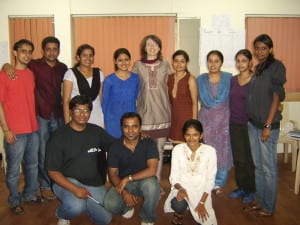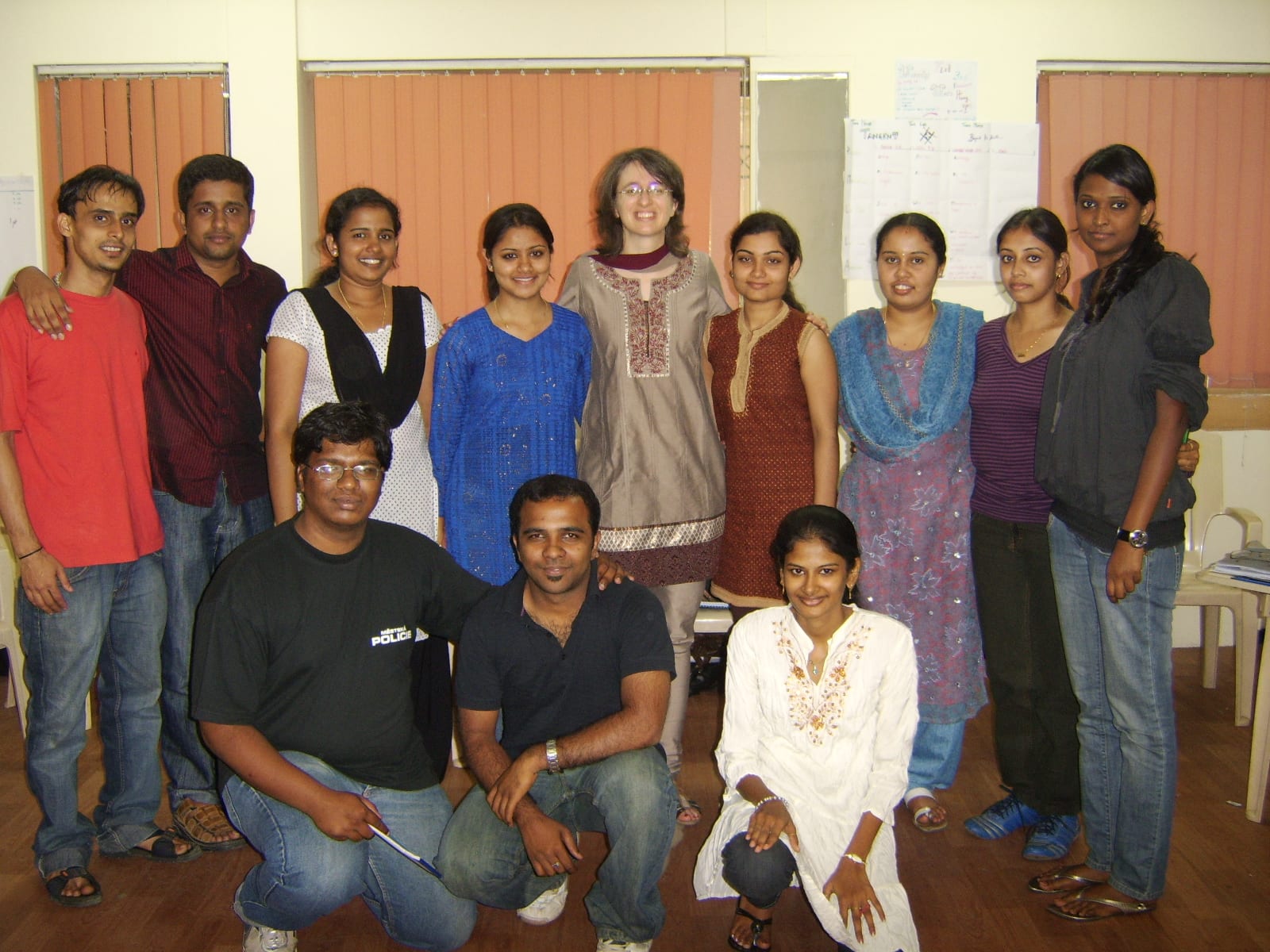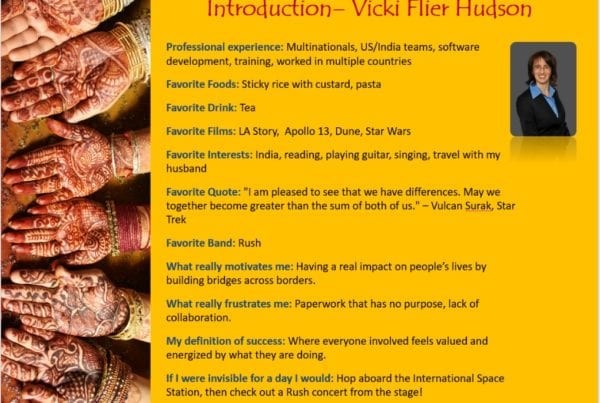 Over the years of preparing global leaders for their responsibilities I have developed a motto: If you never offend people, you’re not taking enough risks to get to know them. Many global teams go through their interactions at a surface level. I have heard of team members working together for years and not knowing a thing about each other personally.
Over the years of preparing global leaders for their responsibilities I have developed a motto: If you never offend people, you’re not taking enough risks to get to know them. Many global teams go through their interactions at a surface level. I have heard of team members working together for years and not knowing a thing about each other personally.
Why is this the norm? Because getting to know people across the virtual and cultural divide takes courage, the courage to make mistakes, look stupid, or perhaps cause offense. But in our desire to play it safe we often do not develop the trust so desperately needed in the global, virtual workplace. Virtual relationships are fragile and easily ruptured. We need to create a bank account of goodwill to rely upon when times are tough. I share the following story to illustrate the reward that comes with the risk of getting to know global counterparts.
The year was 1998. I was in the dry, mountainous region of Meghalaya, India where the air sucked the moisture from my lungs and eyes. I’d just returned from the desert fort city of Jaisalmer after a week-long camel safari. Now I crawled inside my sleeping bag at six o’clock in the evening to stay warm, but the fresh, clean air made me feel alive.
I had been in India for close to 3 months and was feeling isolated. I wandered around the small town of Shillong, winding through the streets and nibbling on my favorite northern Indian snack: tomato and onion uttapam, a delicious rice flour patty, lightly fried. I noticed people looking at me, observing my skin and my hair, nodding hello but not speaking to me. Homesickness set in and I found myself wanting to leave.
The next day I felt equally alone. I wandered over to the office of a doctor with whom I’d been introduced by a friend. I wanted to see what I could learn about India from him. As I sat in the reception area , a kindly older woman attracted my attention. Her smile, directed at me, spread over her entire face. Her head cocked to the side, she looked at me in a motherly way.
“Where are you from?” she asked.
“The USA,” I replied, expecting another surface interaction.
“That’s lovely,” she said, and proceeded to talk to me in fluent English, smiling the whole time. Her name was Lumpti. By the end of the conversation, she had invited me to dinner at her home, and we agreed to meet that evening. When I went back to my room to change, reluctance set in. I hardly knew the woman, and getting to her home involved directions such as “go past the lamppost” and “after the fruit stand, wave down a taxi.” I felt lonely and tired, but I had made the commitment. I had to go.
I managed to find my host Lumpti’s home by winding my way through busy shoppers with babies on their backs, barrels of carrots and cabbage, and the ever-present hills of Shillong. At last I stumbled on a beautiful residential neighborhood lined with trees, neatly trimmed lawns, and inviting homes. When I knocked on the door, Lumpti me greeted with a warmth I had hardly ever felt before. She was so happy to see me that she hugged me, and then introduced me to her husband and two little boys. The conversation was animated and lively, with talk of the Khasi tribe from which Lumpti’s family descended, the generations that had survived British invasions, and interesting facets of life in Shillong.
While dinner simmered over the small stove and the scents of spices drifted into my awareness, Lumpti’s eighty-seven-year-old mother joined us in the living room. She seemed to glide rather than take steps, and her skin was as young as her daughter’s. To my delight, Lumpti’s husband brought out his guitar and began to strum. Lumpti and her mother sang songs, lovely, airy melodies in the Khasi language about nature, waterfalls, and how the ugly cicada makes such a beautiful sound.
Time passed in a lazy way, and finally it was time to eat. We sat on small stools and ate at a table low to the ground. I relaxed and enjoyed fresh tomato and cucumber, rice, dal, cauliflower, fried soybeans and curried peas with cheese squares. A small fire with coals was placed right by my seat, and Lumpti’s helper served everything. After dinner, we took pictures and chatted, and all too soon it was time to go back. They drove me back to my hotel, the whole family piled in the jeep. The kids shouted “Good luck!” to me until I disappeared from their sight.
I will never forget this incident; it taught me to take risks for the sake of human connection. If you are part of a global team or organization, why not take the time to ask your colleague a question about their culture? Take the risk to build trust with them. Exchange photos of your work areas and even your families if this is comfortable. If you never offend anyone across cultures, I encourage you to ramp up your efforts to connect. Your performance as a team depends on that trust!





